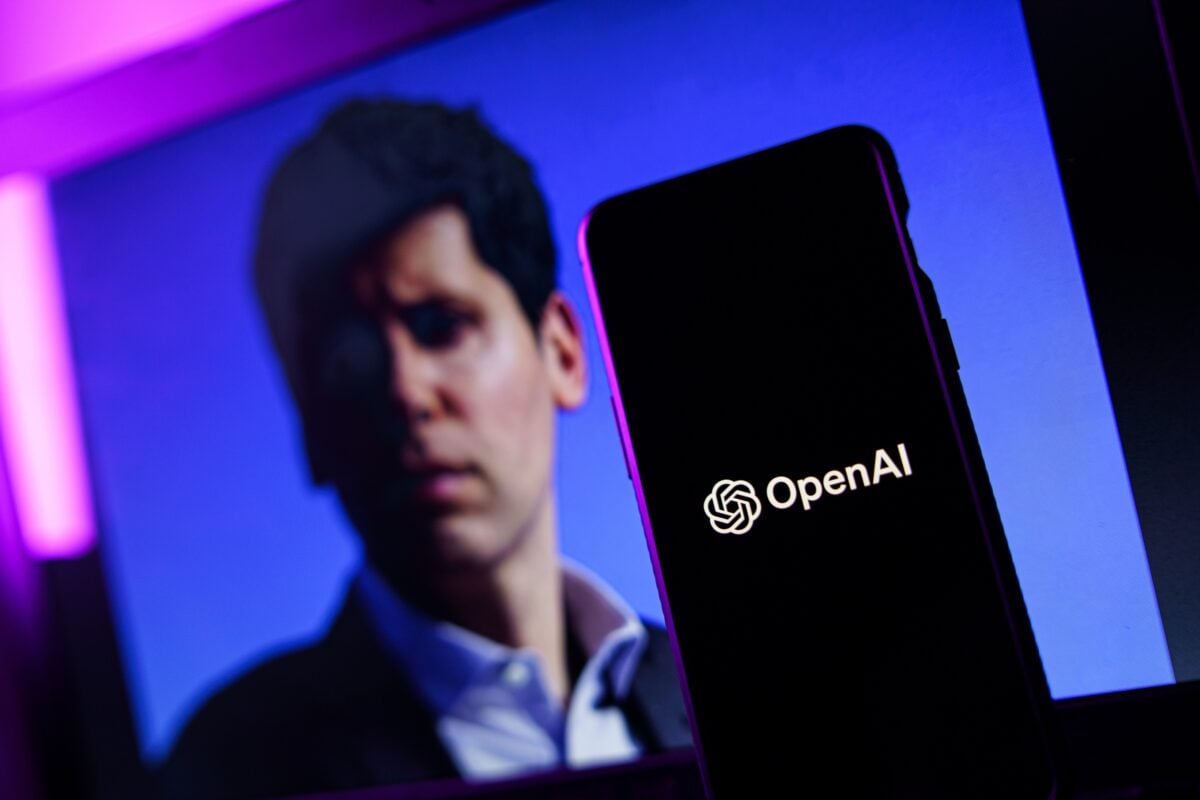TLDRs:
- OpenAI considers ads and product commerce in ChatGPT to close the monetization gap for 700M users.
- CEO Sam Altman emphasizes careful implementation of ads to maintain user trust and platform integrity.
- GPT-5 updates offer personalized modes, signaling OpenAI’s focus on tailored AI experiences.
- AI industry growth is rapid, but most companies, including OpenAI, face ongoing profitability challenges.
OpenAI is exploring ways to monetize ChatGPT beyond its current subscription model, including potential advertising and commerce features.
ChatGPT head Nick Turley confirmed the company has not ruled out ads, though any move would be approached cautiously to preserve user trust.
Internally dubbed “Commerce in ChatGPT,” the platform could earn revenue by taking a cut of product purchases recommended through the AI. Turley stressed that recommendations would remain independent of affiliate incentives, ensuring unbiased guidance for users.
With 700 million total users but only 20 million paid subscribers as of April, OpenAI faces a clear monetization gap. Bloomberg projects the company’s revenue will surge from $3.7 billion in 2024 to $12.7 billion in 2025, yet OpenAI may not achieve positive cash flow until 2029, highlighting broader profitability challenges in the AI sector.
Balancing Revenue Growth with User Trust
Advertising in AI is not untested. Platforms like StackAdapt have run millions of AI-driven campaigns, serving tens of thousands of brands and optimizing billions of interactions per second.
The generative AI market, which grew to $25 billion in 2024 from $191 million in 2022, shows strong appetite for AI-enhanced services, suggesting infrastructure exists to support responsible ad integration.
The challenge for OpenAI will be to monetize its massive free user base without eroding trust, a balance that early AI advertising platforms have begun navigating successfully. CEO Sam Altman has previously described ads as a “last resort,” though he has recently indicated openness to them if implemented thoughtfully.
GPT-5 Updates Offer Personalized AI Experiences
Alongside monetization strategies, OpenAI continues refining user experience through GPT-5 updates. Users can now select modes such as “Auto,” “Fast,” or “Thinking,” offering control over AI behavior.
Paid users have access to GPT-4o and can toggle to other models, including GPT-5 Thinking mini, which supports up to 196,000 token contexts per week.
Altman highlighted plans to improve GPT-5’s personality, aiming for a warmer but less annoying tone, reflecting research showing AI interactions benefit from relatability and emotional connection. Personalization is also on the roadmap, acknowledging user demand for customized AI experiences, a trend increasingly tied to revenue growth in the tech sector.
AI Industry Growth Brings Profitability Challenges
OpenAI’s dual focus on monetization and user trust signals a careful approach to growing its platform.
By exploring advertising and commerce opportunities while refining AI personality and customization, the company seeks to balance profitability with the user-centric ethos that has driven ChatGPT’s rapid adoption.
As the AI industry continues its explosive growth, OpenAI’s strategy illustrates the fine line between commercial success and maintaining the engagement and trust of millions of users worldwide.







